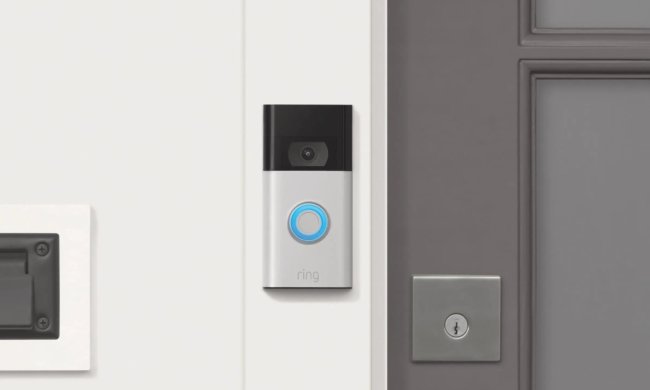If you’re going to spend money on a high-tech air purifier with multiple filters and handy smart technology, it’d be nice to know if it works, right? If you’re looking at air purifiers and wondering if they really can make your air cleaner and safer, or have an effect on health problems like allergies, you certainly aren’t alone.
While scientific research still has questions about the types of air purification, research has shown promising results in several areas. Here’s how air purifiers really can make a difference.
True HEPA filters work to combat indoor allergies

While some air purifiers claim to use HEPA filters but don’t quite meet the specifications, many do use true HEPA filters. These are specially designed filters that are rated to remove 99.97% of particles 0.3-micrometer or less — that’s really small, and includes most problematic particles that cause allergies, trigger asthma, and so on. HEPA filters are excellent for removing these allergens and irritants in a space, and are a common accessory in hospitals. The key is replacing them on time and regularly, as HEPA filters are typically disposable and can get clogged quickly as they work.
Of course, allergens actually need to be in the air for filters to work! Allergens embedded in carpets, bed, or furniture will still cause problems, which is why you may want a powerful vacuum, too.
Air purifiers are good for your heart

Air pollution isn’t just bad for your lungs: Common exposure to pollution can also increase your blood pressure and blood indicators of heart stress (that’s also why smoking raises your blood pressure). This study from Taipei sampled 200 homes, some using air filtration and some not, to see if filtration reduced these indicators. The results show that long-term filtration indeed led to better cardiovascular health compared to the control group. That finding is especially important to keep in mind in large cities where the pollution index is high and people are exposed to pollutants throughout the day. A similar study in Utah bore out the efficacy of HEPA filters to reduce indoor pollution when outdoor pollution is bad.
Air purifiers work in larger spaces, too
When air purifiers have a lot of air to work with, it’s common to wonder just how much they can help. This study from a project between Polish and Swiss universities examined the effects of air purifiers in educational facilities to see if they made a difference. The preliminary results were very good; the six-month study showed an 18% decrease of microbiological pollutants during the winter season, particularly among the bacteria most easily inhaled.
Air purifiers can help reduce pathogens in the air

It’s no surprise that a number of new studies were done on air purifiers at the height of the COVID-19 pandemic. This real-world hospital study, for example, showed that a particulate filter could significantly reduce pathogens the size of COVID-like viruses in the air. While that may not make much of a difference with contact-based infections or particles passed directly from someone’s breath, it can reduce the chance of infection over time. Here’s another study showing similar virus prevention benefits in music classrooms.
Air purifiers can help remove odors
It’s a common claim that doesn’t sound very scientific, but you can rest easy about this feature for most purifiers: Purifiers with an activated carbon filter really can cut down on odors through adsorption, where the carbon traps odor-causing particles as the air is filtered through — the EPA has more info. They can also help capture gaseous byproducts that could be detrimental to health, so they are a good feature to look for. The trick is that activated carbon filters often need to be frequently replaced to do their job, so that’s another ongoing expense.
Can any air purifiers make things worse?
High-quality air purifiers should be fine. However, other types of purifiers may develop problems. Purifiers that use cellulose filters, for example, can actually become breeding grounds for mold if they get damp. Studies have also shown that ionic filters in particular have been associated with an increase in certain VOCs (volatile organic compounds) and a decrease in cardiovascular health, although more research needs to be done here.


